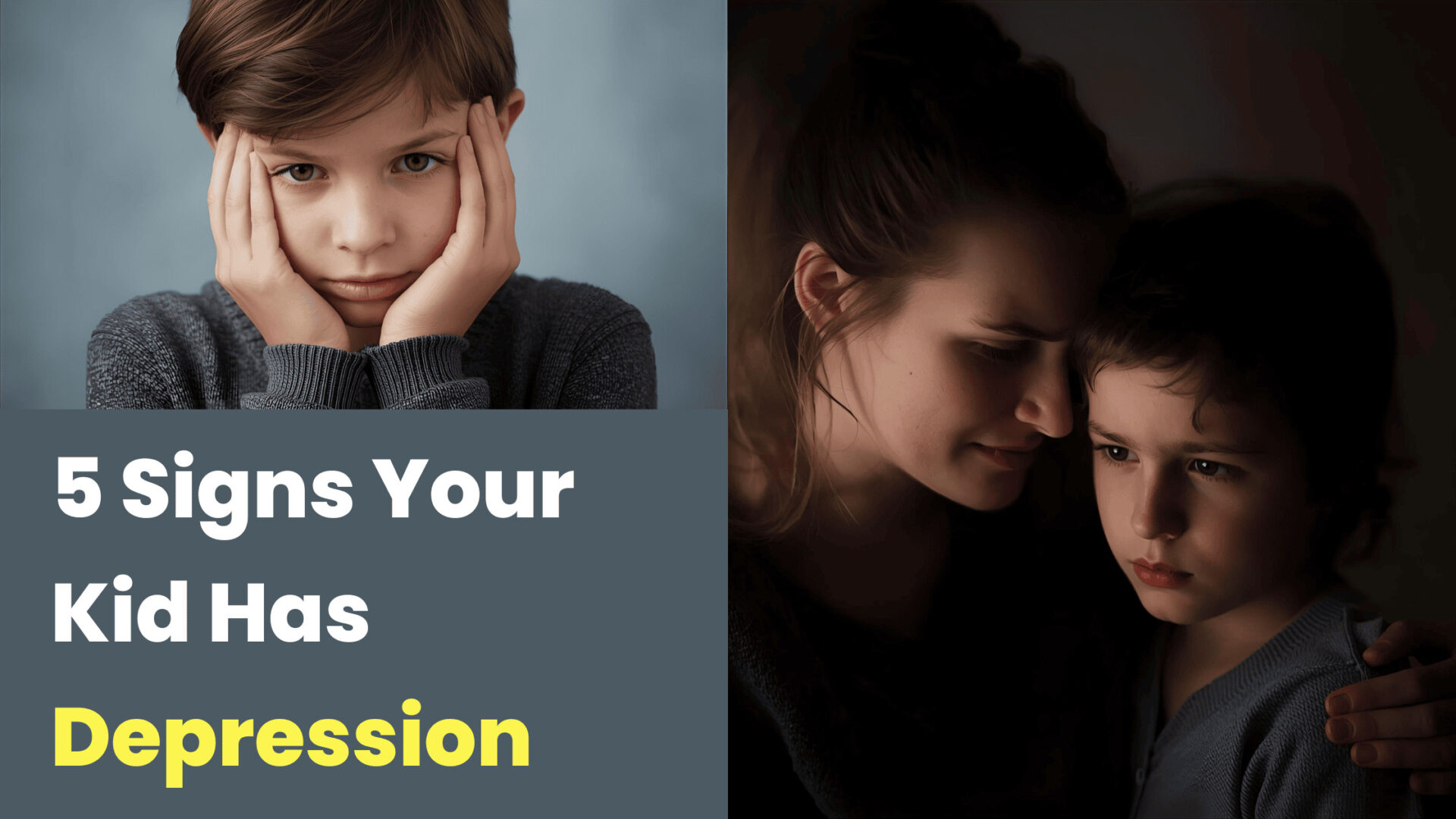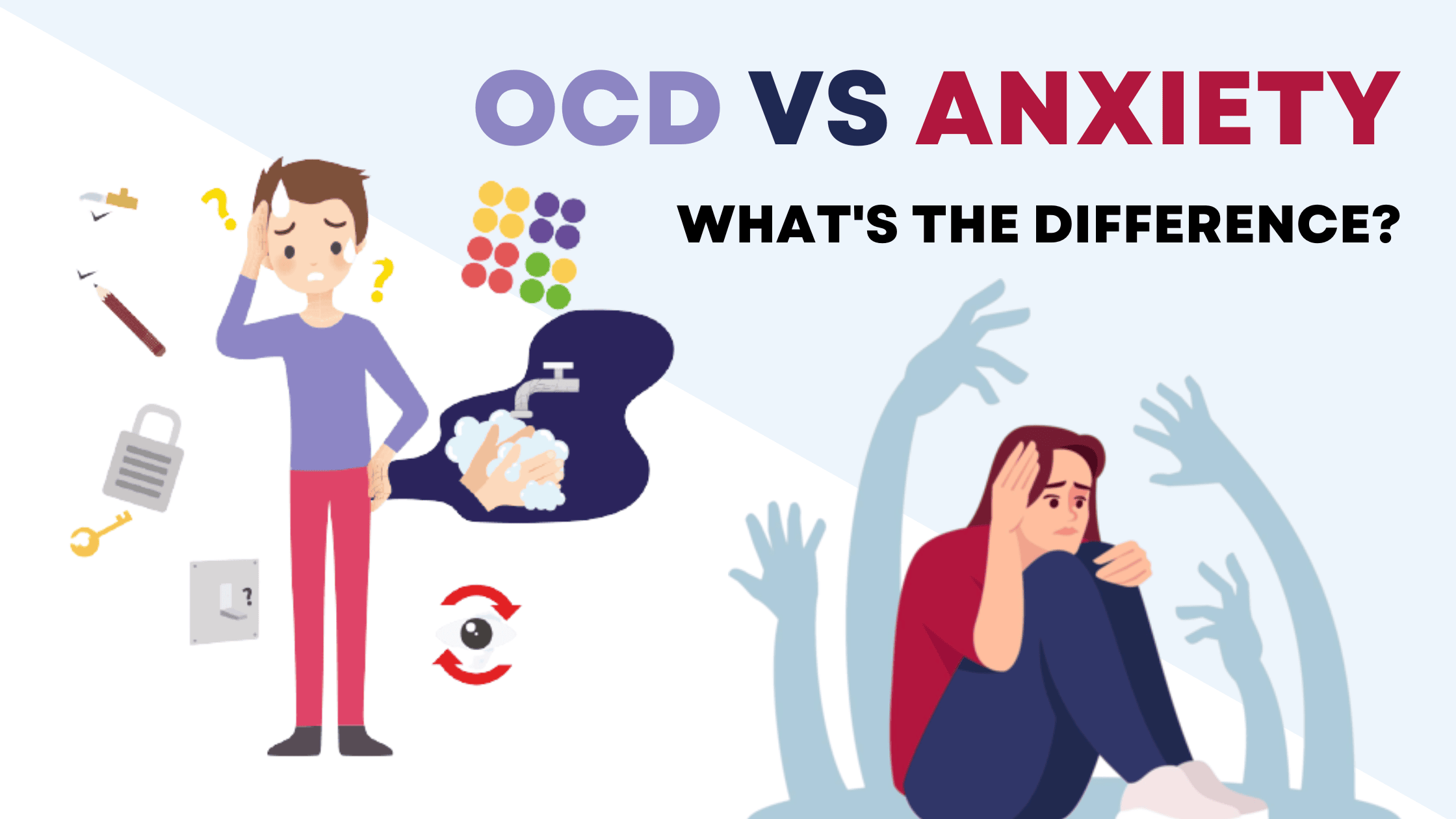A few days back, I was reading an article about a girl who ended her life from her balcony just after her best performance at school. This case has drawn my attention to researching the child’s psychology further. Why are children experiencing increased stress, and how can parents accurately assess their mental well-being?
Is there something else behind their anger, behaviour and complaints? We all human beings perceive other humans through their behaviours. But in reality, there is much more deep down. Especially kids are very vulnerable towards the emotions they feel. They themselves don’t know what they think and how they react? So, it is the duty of parents to understand how their kids are reacting and what’s behind it.
Reasons why kids are vulnerable to their emotions.
Impulsivity – Emotional Regulation
Kids are impulsive, and hence they throw tantrums. They hardly understand what the consequences of their demands are. Teenage kids have their own understanding towards their needs and requirements. Therefore, even though they know what is right and wrong, positive or negative, they are unable to choose wisely, and most of the time they prioritise pleasure over good things. Children are particularly vulnerable to not understanding their emotions. What do they feel, and how do they think?
Most importantly, why do they feel? Their age is such that they just tried to understand their relationship with the outside world. They even try to fit in certain areas where they really can’t. Along with growing older, they also learn many things about themselves and others. And how they cope with the emotions is most important. Nature and nurture both play a role in making a kid a human being.
Dependency on Parents
Kids are dependent on their parents. Caregivers and other elders. They are not only dependent physically but also emotionally and mentally. Kids are also receptive towards human faces, facial gestures and body language. They judge situations more quickly than adults because they are often helpless and always need support to overcome any problematic situations.
Influence of Caregivers
Your kids are vulnerable to your words. How are you talking to them? What do you think of them? It is like a validation. Parents are the first people in the world to validate a child. And that validation becomes his truth for his lifetime. How you treat your kids decides their personality.
If you are strict and authoritative, with a controlling approach, then your child will become more submissive and sensitive towards others. If you pamper and give them whatever they ask for, it may also create a more dominant and unempathetic personality. So, as parents, you are the first influencers in their lives.
Effect of the outside World
To a certain extent, the outside world influences our mood and mindset. We are all dependent on what is going on in our outside world. So it’s the same with the kids. If you are annoyed or angry, they sense you. If you are happy and loving, they sense you.
In the same way, their relationship with their classmates, friends and school was affected. Currently, not only does the physical environment affect, but information from the outside world also affects them. What they watch, listen to, and consume affects their brains. Currently, they try to fit in and adapt to new things from the outside world. And in this changing world, they are often not able to fit in.
Early Adversity
Early adversities of life, like death or the separation of parents, loss of loved ones or any traumatic situations, alter the emotional regulations of the kids. Their understanding of the self and the world may differ from what they can build without an experience of trauma. In everyday life, adaptation is sometimes hard, but in an adverse situation, it becomes more difficult for a kid to process those emotions. Adverse conditions and traumas also play a crucial role in developing a child’s emotional life.
Lack of coping Mechanisms
As adults, we are more aware of and understand our emotions. But kids are really vulnerable. They hardly understand many things. And when they feel pressured or in stressful situations, they really don’t know how to deal with them.
They don’t know a coping mechanism currently. They also don’t know how to express them appropriately. Hence, in the face of overwhelming emotions, they are vulnerable to struggling with them. And either behave very indifferently or suppress it to forget the same.
Highly Sensitive
Sensitivity plays a significant role in human life. If one is very sensitive, it is bound to happen that they become more vulnerable towards the outside world. They are very empathetic and try to fit in even in challenging situations without expression.
Highly sensitive kids are more susceptible to outside factors. How others treat them, talk to them and even perceive them matters a lot. Even in sensitivity, they are prone to becoming overly observant and overthinkers, ensuring things are done correctly.
Health Issues
Physical or mental health issues are also an essential part of a kid’s life. Maintaining one’s health and fitness is a significant concern if your kids are on medications or suffering from long-term health issues that affect their emotional well-being. So many kids are facing malnutrition, sleeplessness, fatigue and various other forms of illness.
They play a significant role while coping with the demands of life. To cope with school, expectations of others and self, to become something, is becoming difficult with the ill health. In such situations, emotions are disruptive and difficult for them to manage.
5 Signs Your Kid Has Depression
As there are various factors affecting the emotionality of the kids. But there are five significant signs you can understand whether your kid is facing depression or not.
Behavioural Issues
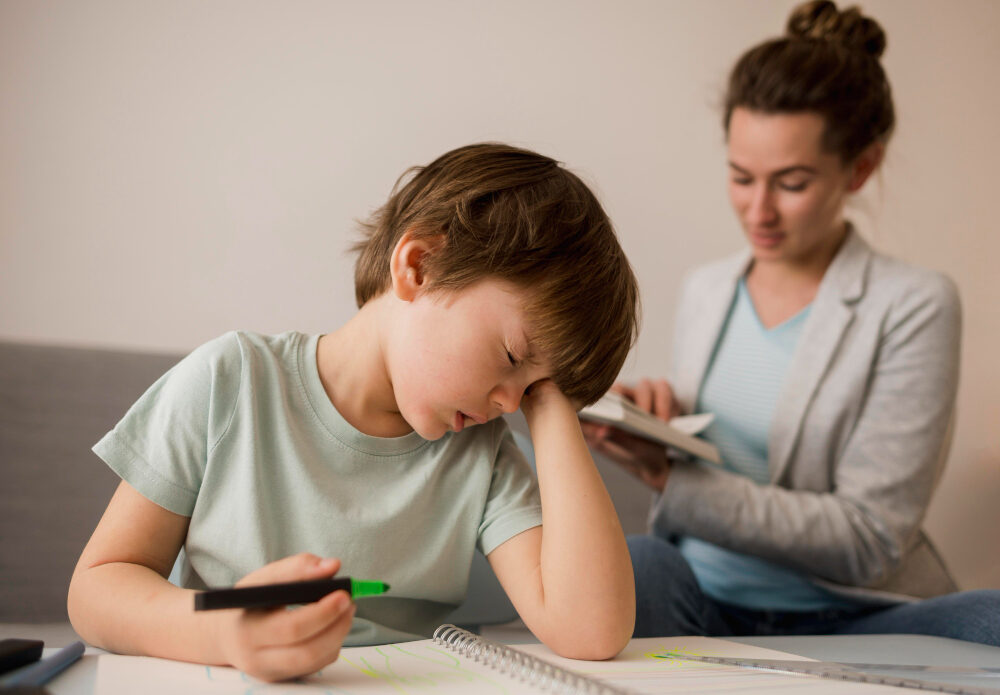
If your kid is sad, not expressive and likes to be isolated always, then it is an alarm. Sometimes kids also express themselves with anger and frustration. If you find that they become angry or behaviourally indifferent, then there is a problem with their emotions. You may also notice mood swings. Sometimes your kid is so happy and sometimes so depressed as if nothing is there to see further. These are significant signs that your kid needs an assessment.
Lack of sleep or Appetite
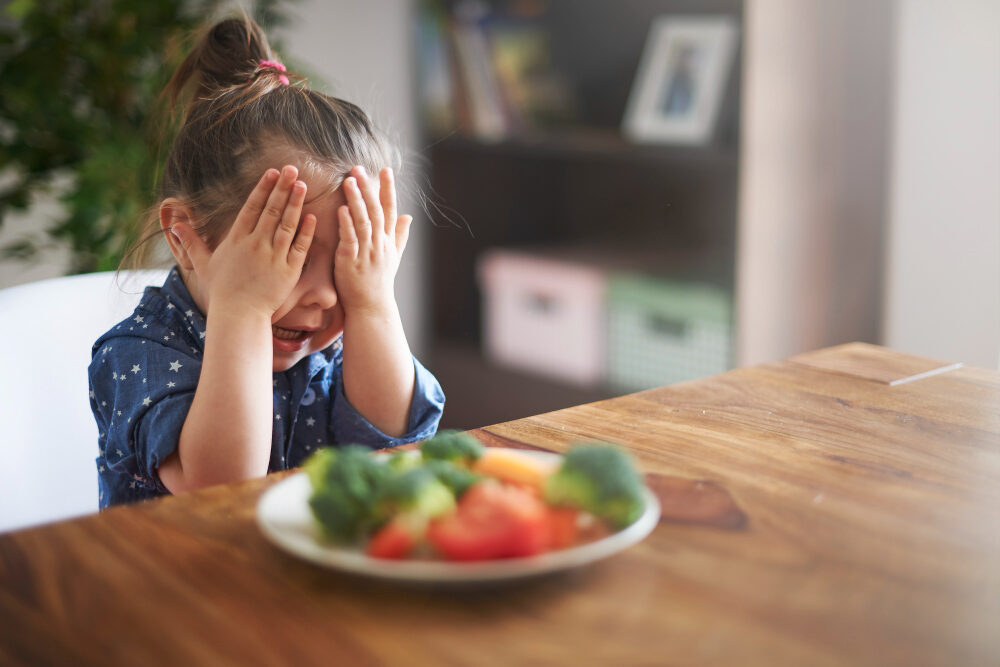
In depressive disorder, sleep and appetite are affected first. Suppose you can see that your kid is prone to eating more junk food or has an uneven schedule for eating. Not feeling hungry or sleepless means he faces some stress. If all his routines are bumpy and not disciplined, even after you have tried to help your kid, then it may seem like depression.
Loss of Interest
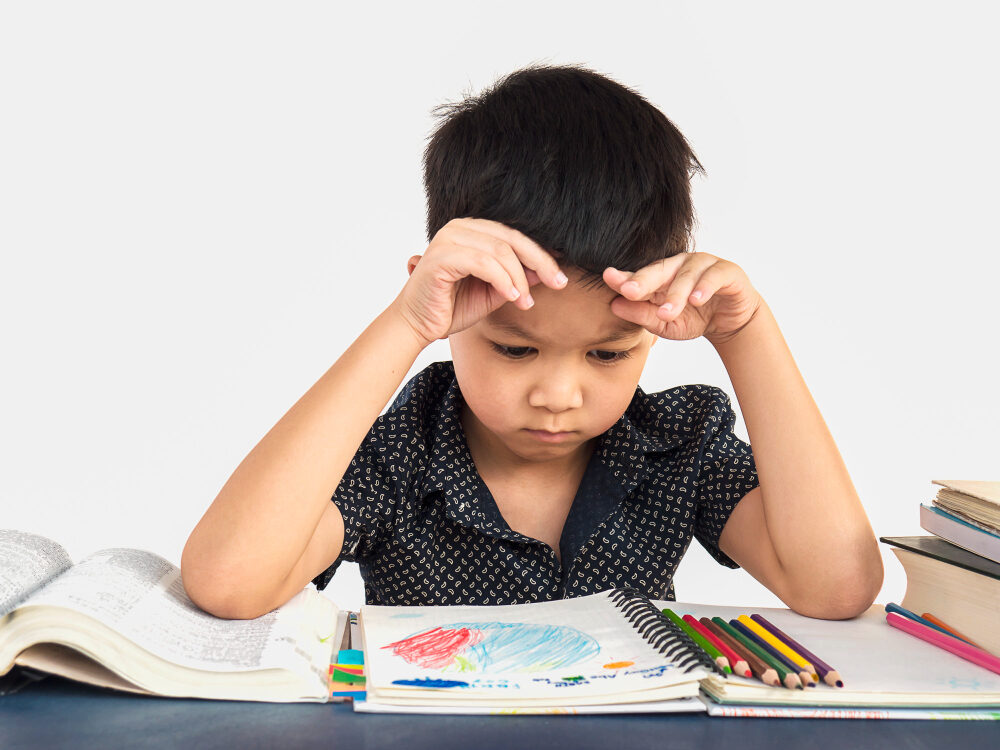
Kids are generally playful. They love to play and sound hyper as well. Play is the most essential part of their life currently. Your kid is interested in many areas, such as drawing, painting, dancing, art, and music. He might pursue it as well.
But if you find his lack of interest in those that he was interested in earlier is a significant sign of depression when you observe that your kid becomes more silent and is not able to express himself. There is time to seek professional help.
Feeling of Worthlessness
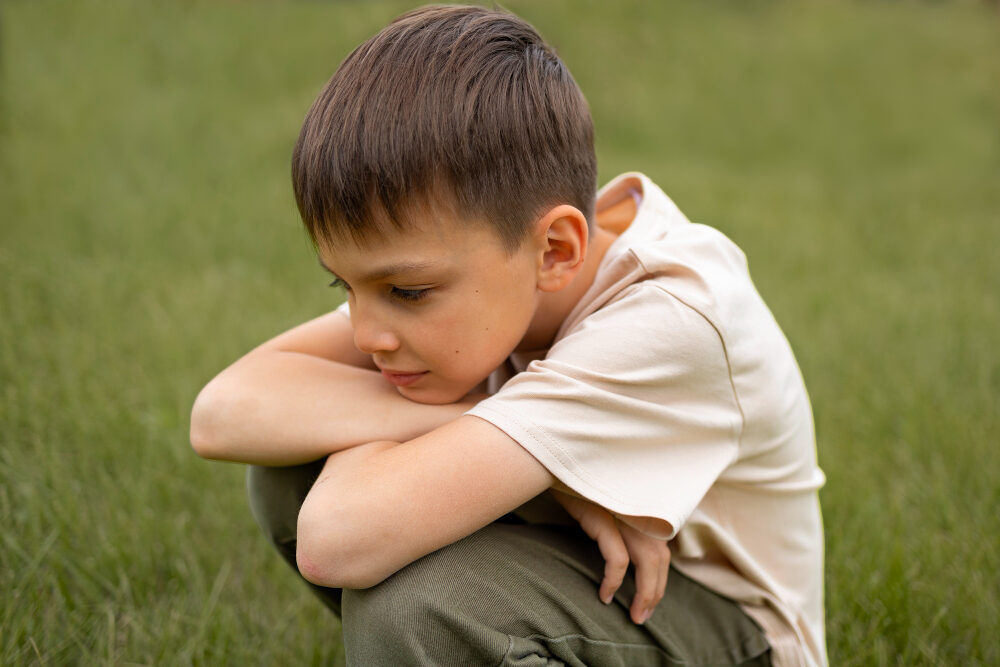
If you observed that your kid is not finding meaning in any activity, or shows the sign that there is no meaning in whether to do it or not. Then be alert, as the worthless feelings are more crucial to deal with. It may be due to his understanding of the validation he gets. Probably, he is not getting what he is expecting, and when there is a lack of appreciation and motivation, it is alarming for parents.
Body Pain

Feeling low in energy and complaining about body pain or stomach pain. Even indigestion or a headache is a sign of depression. The body is a reflection of emotions. It gives lots of cues about mental health and emotional well-being. If any two or three symptoms persistently felt by a child for the past 15 days, it is advisable to seek professional help. Prevention and intervention are always better than a cure. If you would like to dig further or seek counselling, you may contact us.

